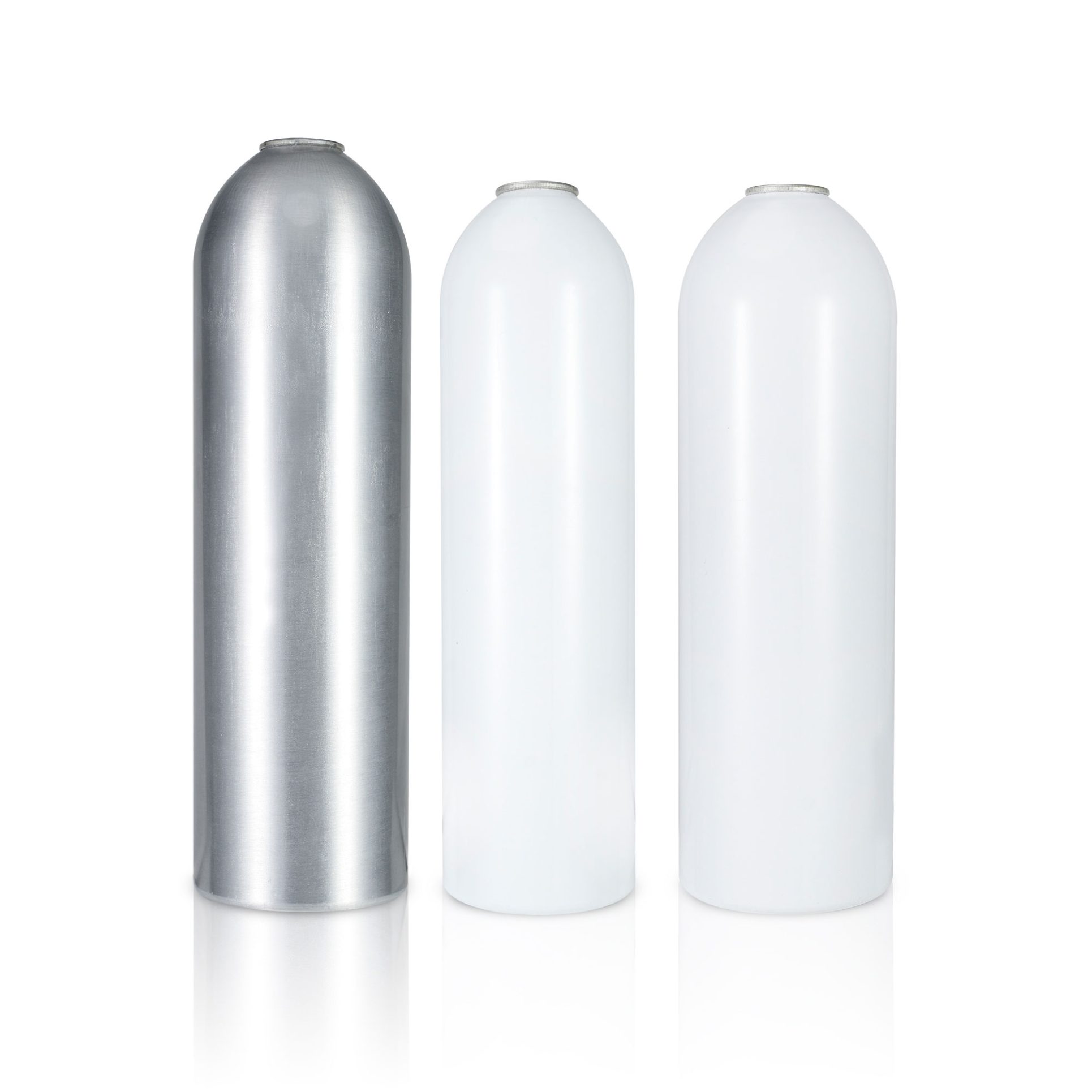As living standards improve, people demand higher quality beverages. For products from distant origins, transportation and storage pose significant challenges.
Aluminum packaging effectively resists external environmental influences, ensuring product integrity and shelf life. It maintains freshness, stability, and efficacy, making it ideal for sensitive formulas.
Keep reading to discover how aluminum bottles excel in preserving freshness.
What are the advantages of aluminum bottles?
Aluminum bottles offer numerous advantages for beverage packaging. They are lightweight, durable, and provide excellent protection against light, air, and moisture, which helps maintain beverage freshness. Their recyclability makes them environmentally friendly, reducing waste compared to plastic. Additionally, aluminum bottles feel more noble, enhancing the product’s premium appeal. Their strong barrier properties prevent flavor contamination, ensuring the beverage tastes as intended even after long periods of storage and transportation.
Is it healthy to drink from aluminum bottles?
Yes, drinking from aluminum bottles is generally safe, especially when they are lined with a BPA-free protective coating. This lining prevents the beverage from coming into direct contact with the metal, eliminating the risk of metal leaching. Aluminum bottles for beverages are designed to meet food-grade safety standards, ensuring they do not affect the taste or quality of the drink. Moreover, aluminum does not harbor bacteria as easily as some other materials, contributing to overall beverage safety.
Disadvantages of glass packaging
Glass packaging, while visually appealing, has several disadvantages. It is fragile and prone to breaking, which can lead to safety hazards during transportation and handling. Glass is also heavier than aluminum, increasing shipping costs and carbon emissions. Its poor impact resistance makes it less suitable for active lifestyles or outdoor use. Additionally, glass does not provide the same level of protection against UV light as aluminum bottles, potentially compromising beverage freshness over time.
Disadvantages of plastic packaging
Plastic packaging poses environmental and health concerns. It is less durable than aluminum and can degrade over time, potentially leaching harmful chemicals into beverages, especially when exposed to heat. Plastic is also permeable to air and moisture, which can affect the taste and freshness of the drink. Unlike aluminum bottles, plastic lacks strong barrier properties, making it less effective in preserving sensitive beverage formulations. Furthermore, plastic pollution is a major environmental issue due to its non-biodegradable nature.
Advantages of aluminum bottles for beverage freshness
Aluminum bottles for beverage freshness excel due to their superior barrier properties. They effectively block out light, oxygen, and moisture, which are primary factors in beverage degradation. This helps maintain the original flavor, aroma, and nutritional value of the drink. Aluminum bottles are also resistant to temperature fluctuations, protecting beverages during storage and transport. Their robust structure prevents contamination, and their recyclability supports sustainability, making them an ideal choice for modern consumers who value both quality and eco-friendliness.
Choose aluminum bottles to keep your beverages fresh and flavorful.







